Category: Lisboa trams
-
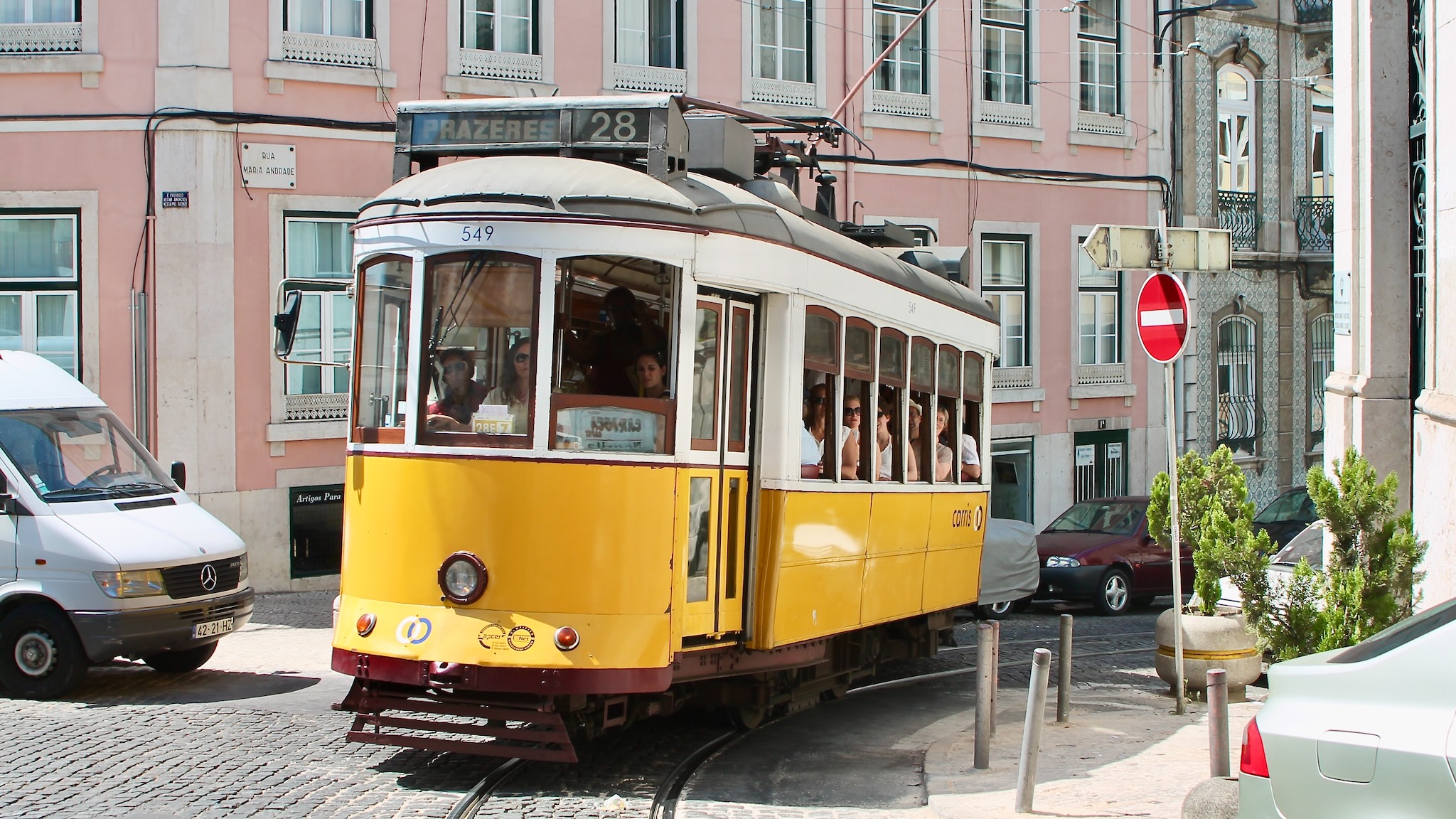
541-585 Remodelados
About 1995 a total of 45 of the small iconic trams were modernized for future working on the tramlines that were to be retained, mainly the also iconic line 28. They have the monopoly on all lines except for line 15.
-
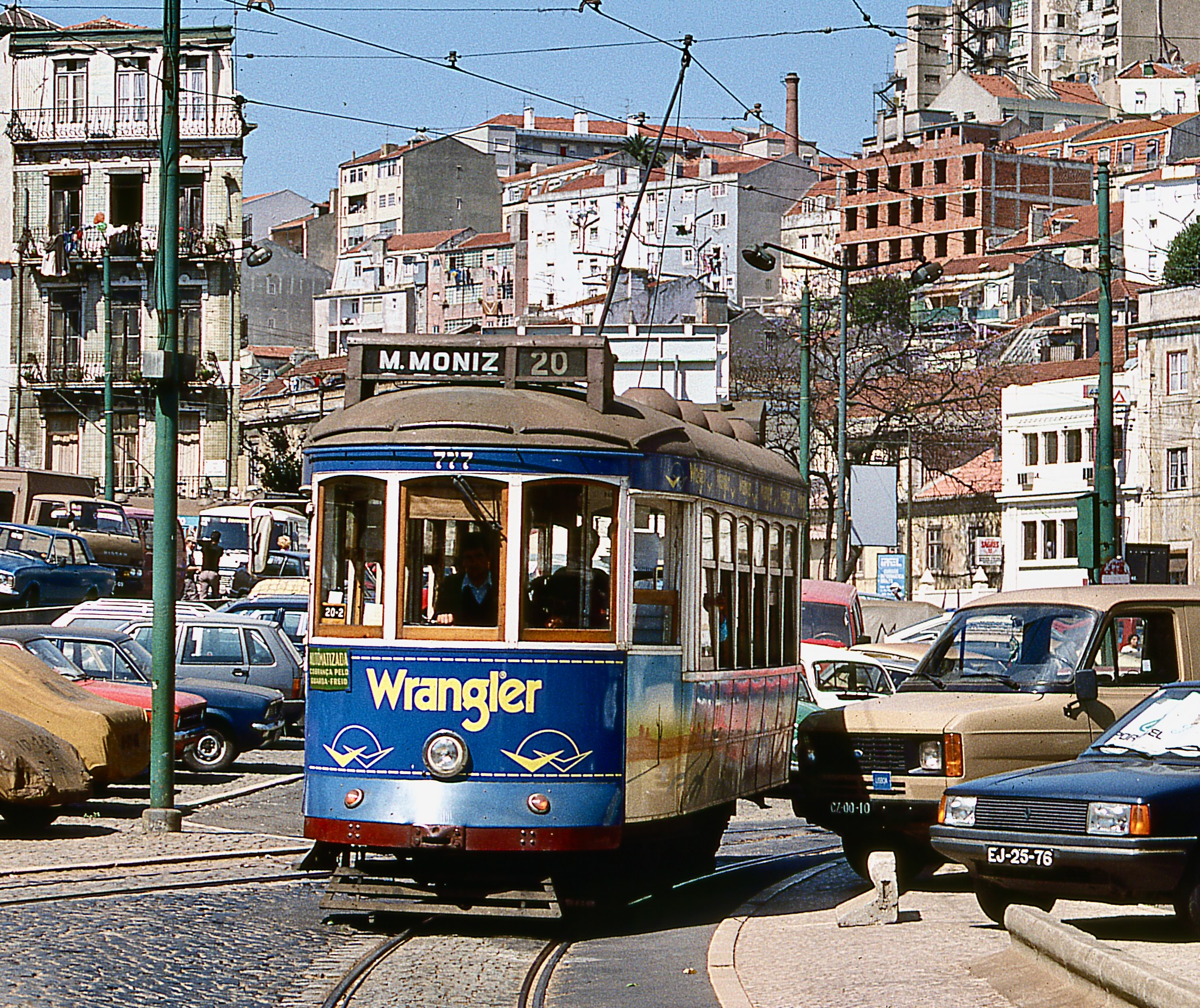
761-763 & 771-785 Single-end Standard
In the 1980’s Carris changed to one-man operation of the trams. That meant that the driver had to do the conductor job too, assisted by ticket validation machines. The trams also needed driver operated doors. Although the fleet was still much larger than needed, not all trams could be modified for one-man operation. Above that…
-
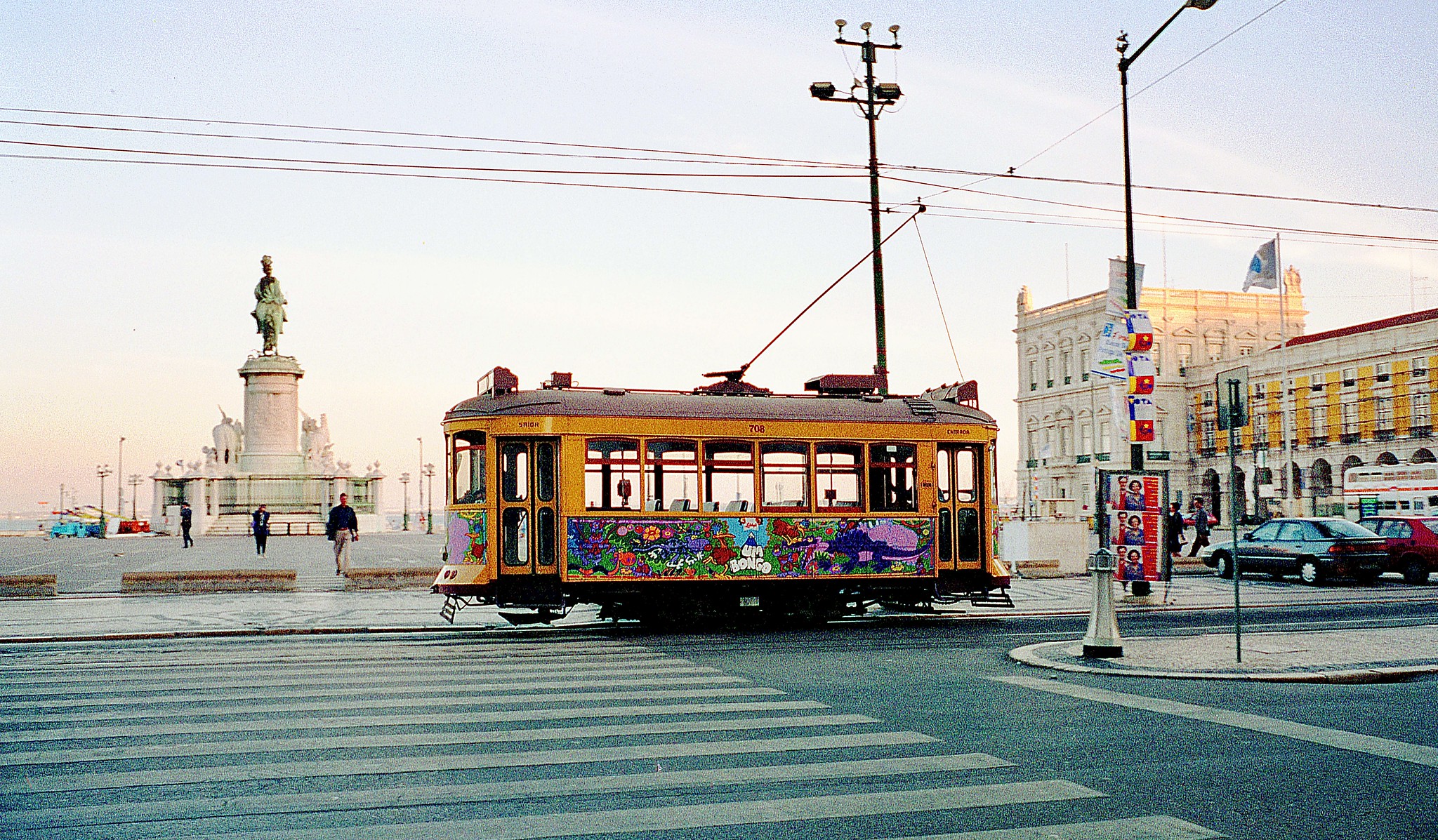
613-617 & 701-735 (737, 738, 741-745) Standard
These were standard four-wheel cars built by the workshops for the hilly routes. They had Maley built type 21E swing link trucks, air brakes on the wheels, electro pneumatic brakes on the rails and manual brakes on both the wheels and rails. They were built in 1935 (613-617), 1936/7 (701-725), 1938 (726-730) and 1940 (731-735).
-
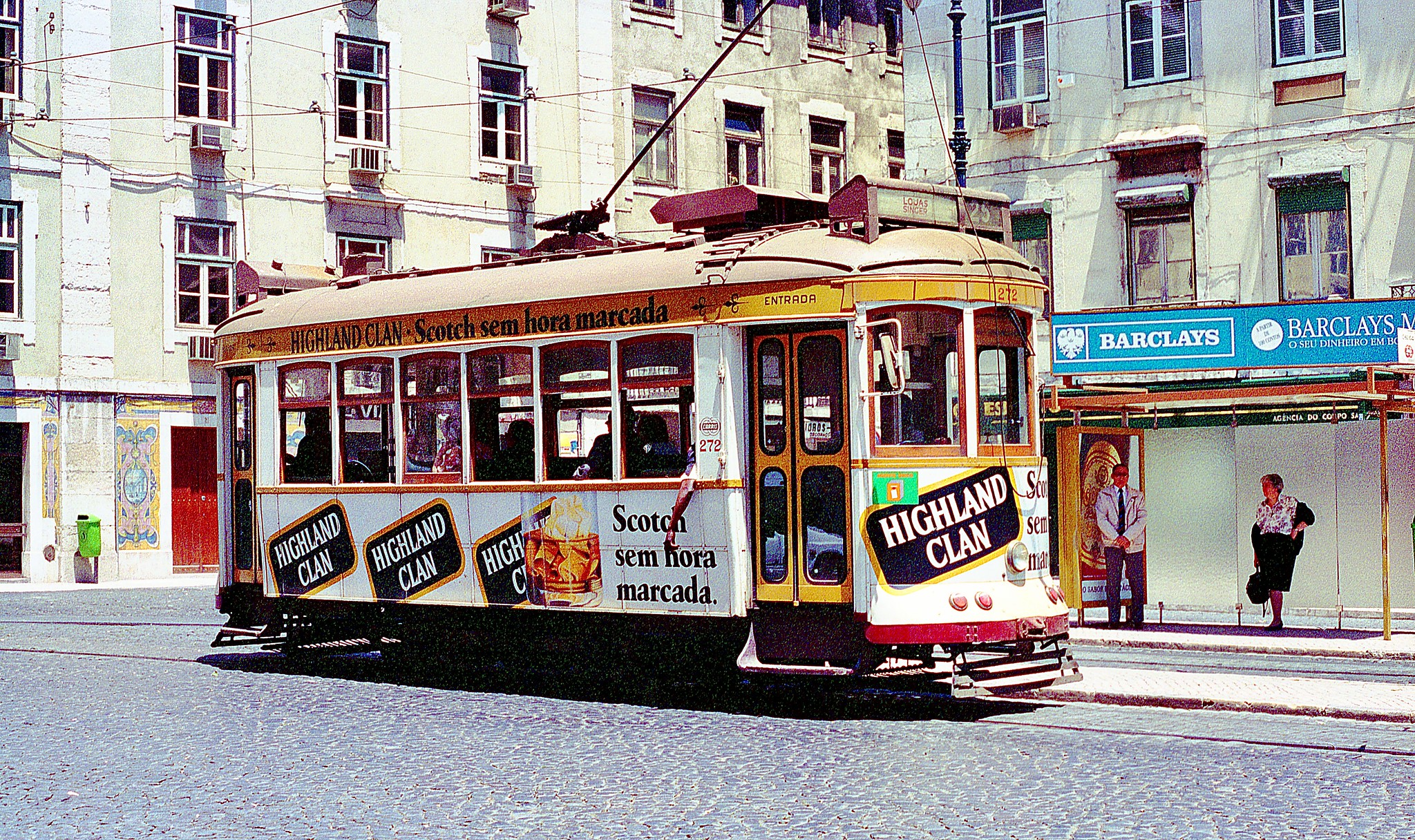
203-282, 415, 455, 467, 468 & 483 Standard
These trams were built with the use of reconditioned Brill 21E trucks and GE59 motors of withdrawn older trams. They had air brakes and English Electric K3 or BTH B510 controllers. Their platforms were 149 mm lower as the saloons and the wheel ø 851 mm.
-
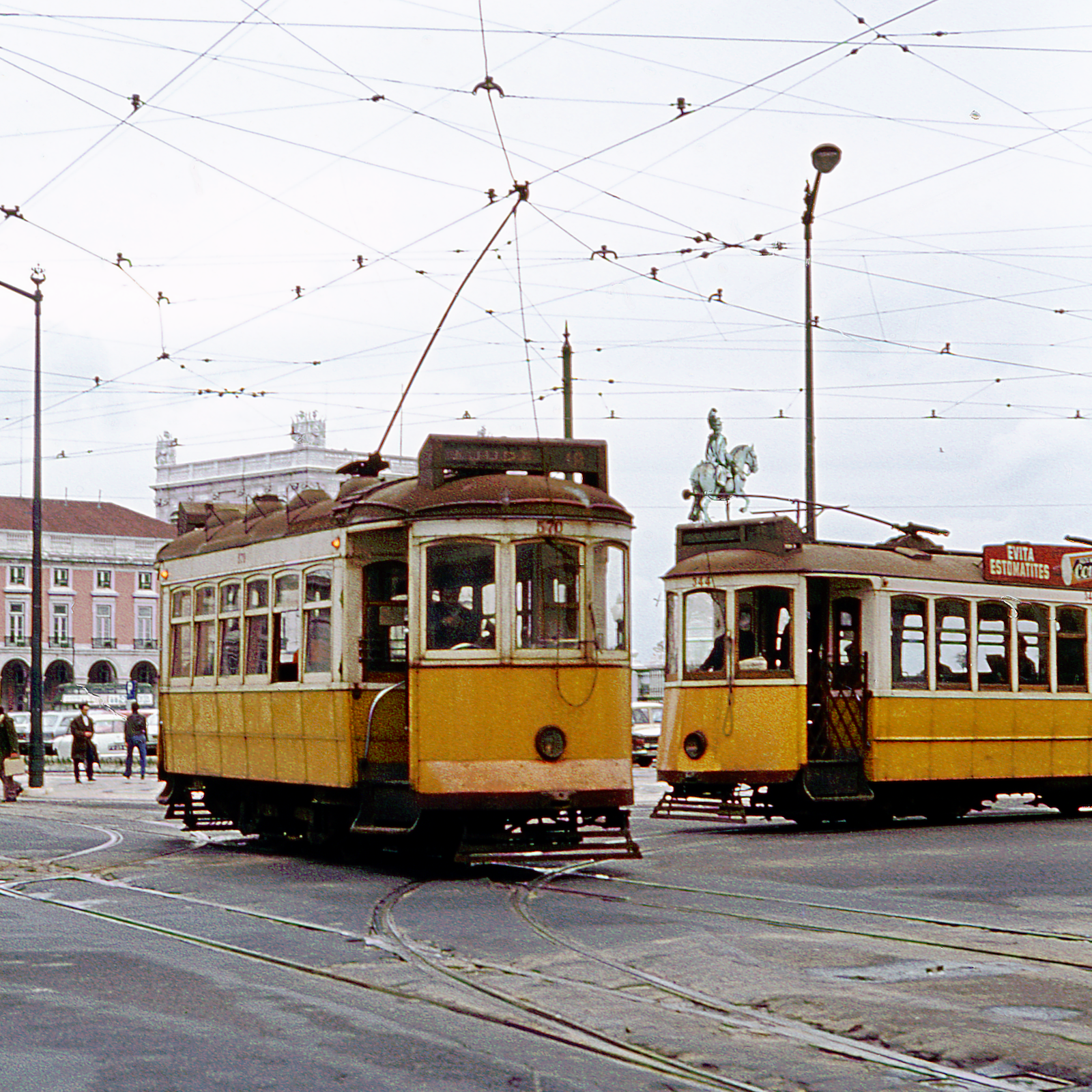
552-571 Standard meio degrau
These trams were built by Carris in 1931. Their platforms were 108 mm lower as the saloons and the wheel ø 787 mm.Four were withdrawn in or before 1980 (552, 567, 569, 570). The other sixteen were about 1986 converted to single-end and upgraded for hilly-route service. 568 got the truck of 740 and the…
-
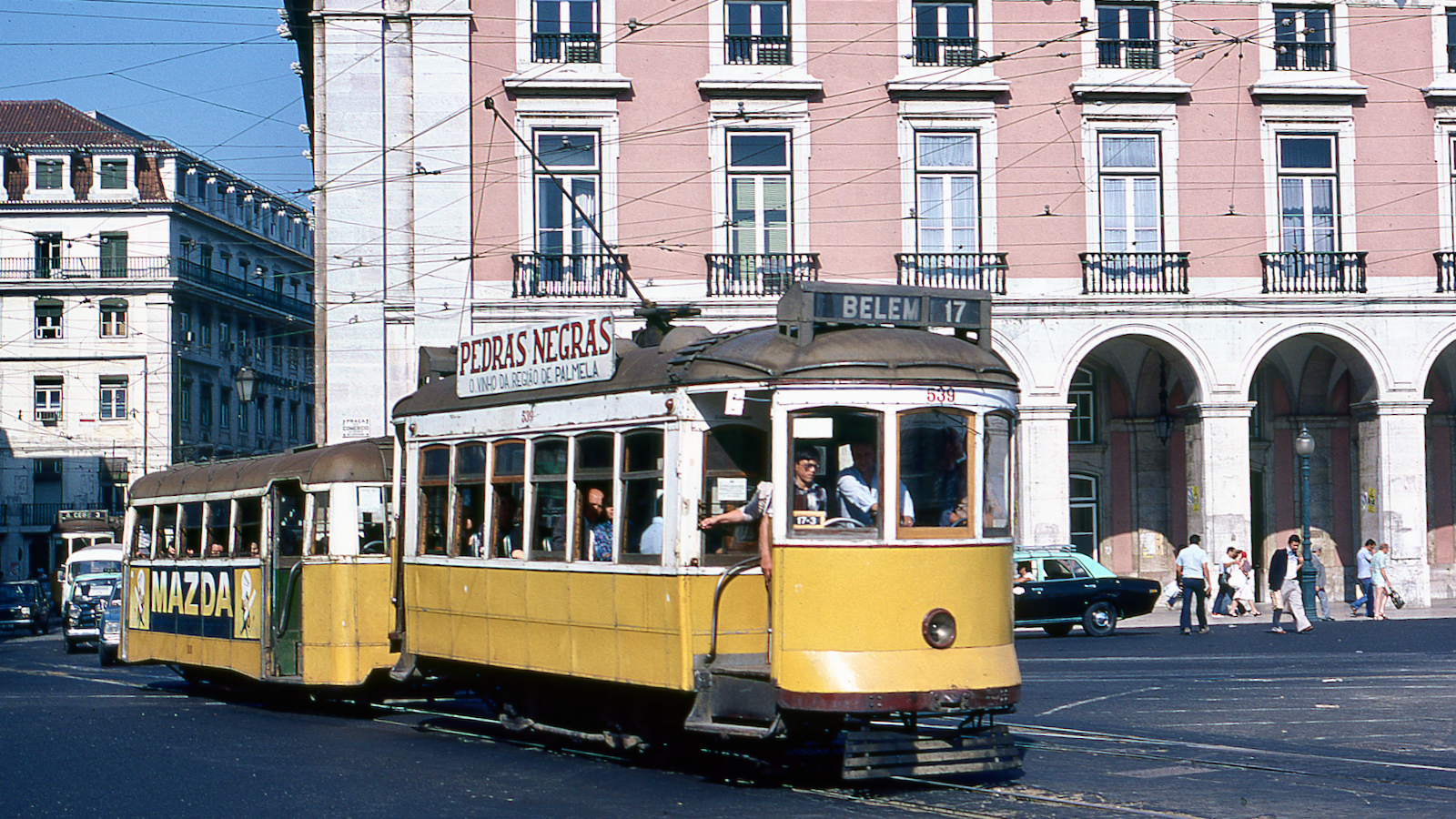
532-551 Standard plataforma alta
These trams were built by Carris in 1927-8. They were the first of what was to become the Standard Carris car body, having domed roofs and lifting widows which do not fit into roof-pockets. Like the Estrela cars the platforms are level with the saloon floors and they had 737 mm ø wheels. In the…
-
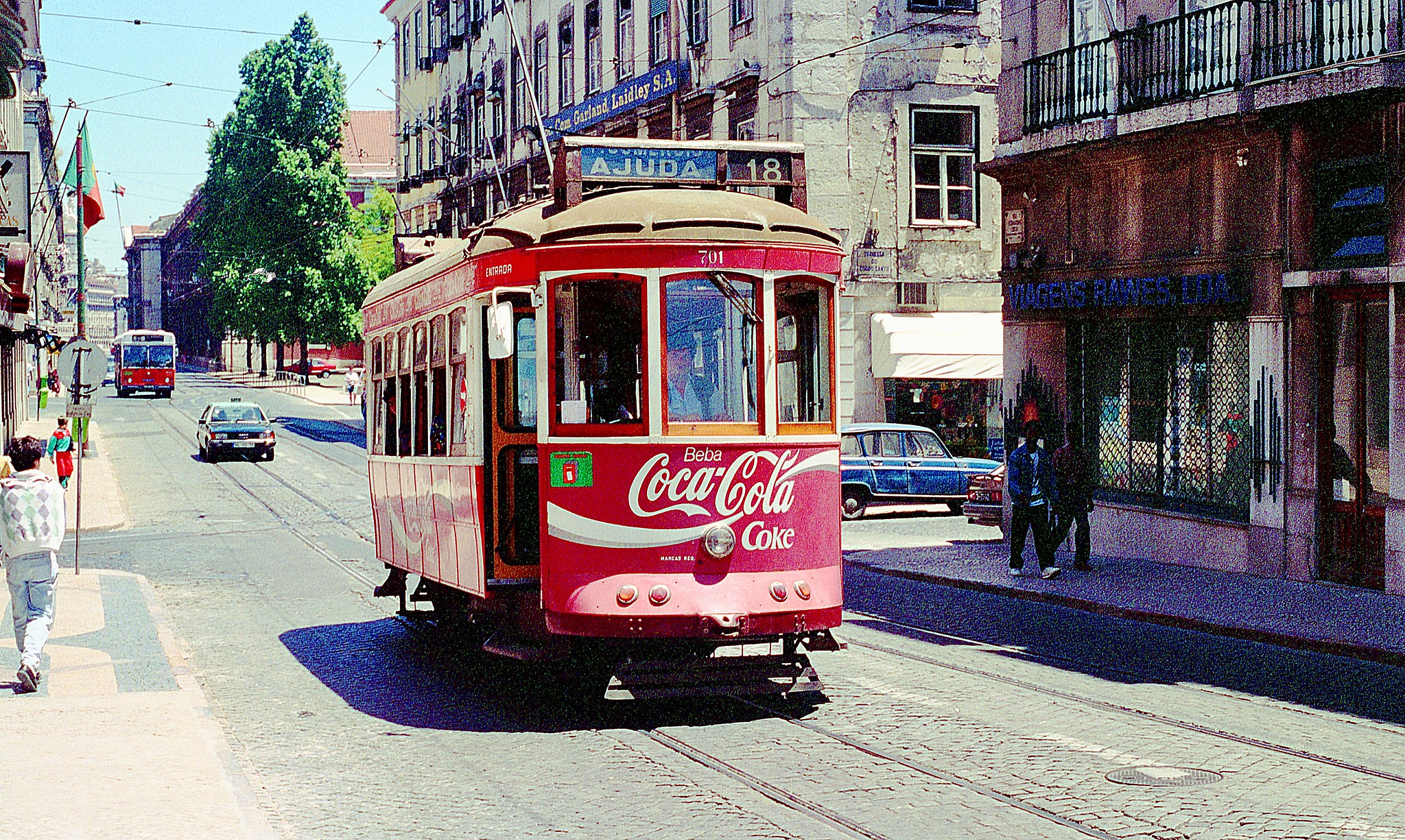
Iconic Standard Trams
While over time many different types of trams ran trough the Lisbon streets, there is one that is emblematic and can be considered as “The Lisbon Tram”. The late John Price introduced in the first edition of the book series “The Tramways of Portugal” for this type the indication “Standard”. This indication was never used…
-
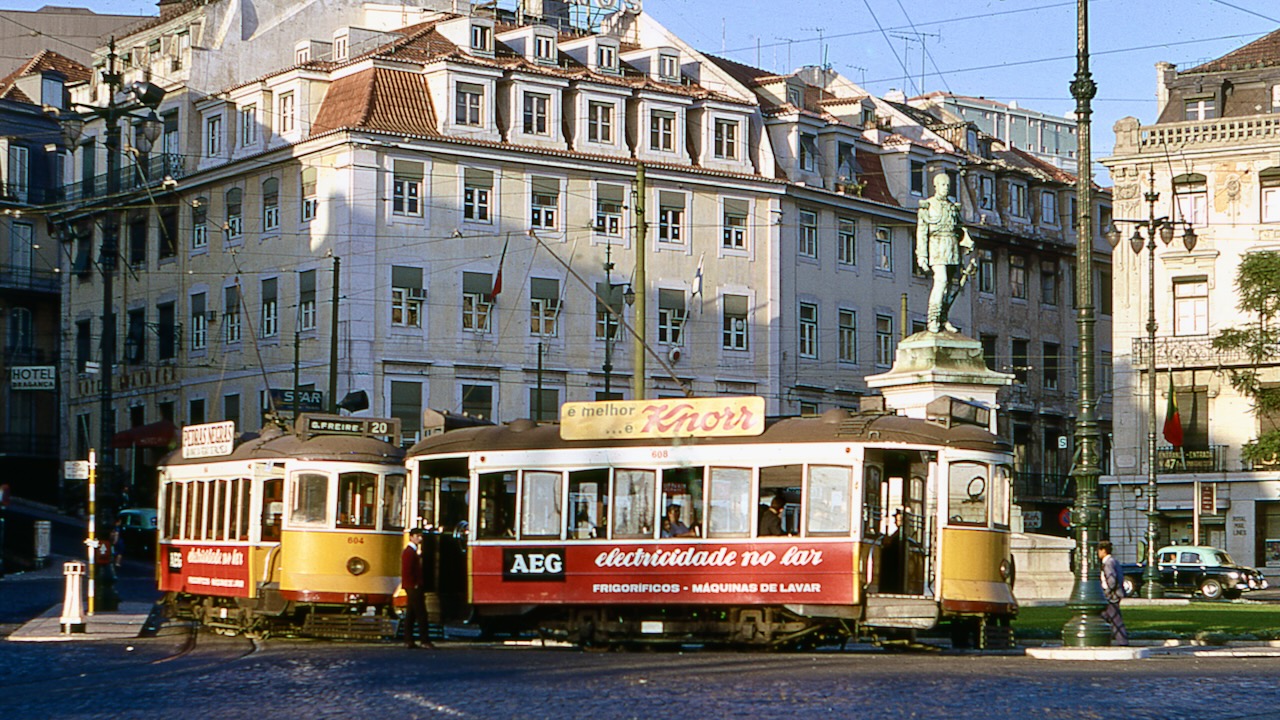
601-612 Estrela
These domed-roof trams with seats for 28 were buiIt by Brill in 1927 for the Estrela line. The 21ESL trucks came from Maley & Taunton. They had large sliding side windows, which made that only half of the windows could be opened. It made these cars unpopular. 601 and 612 (at least) were reposted as…
-
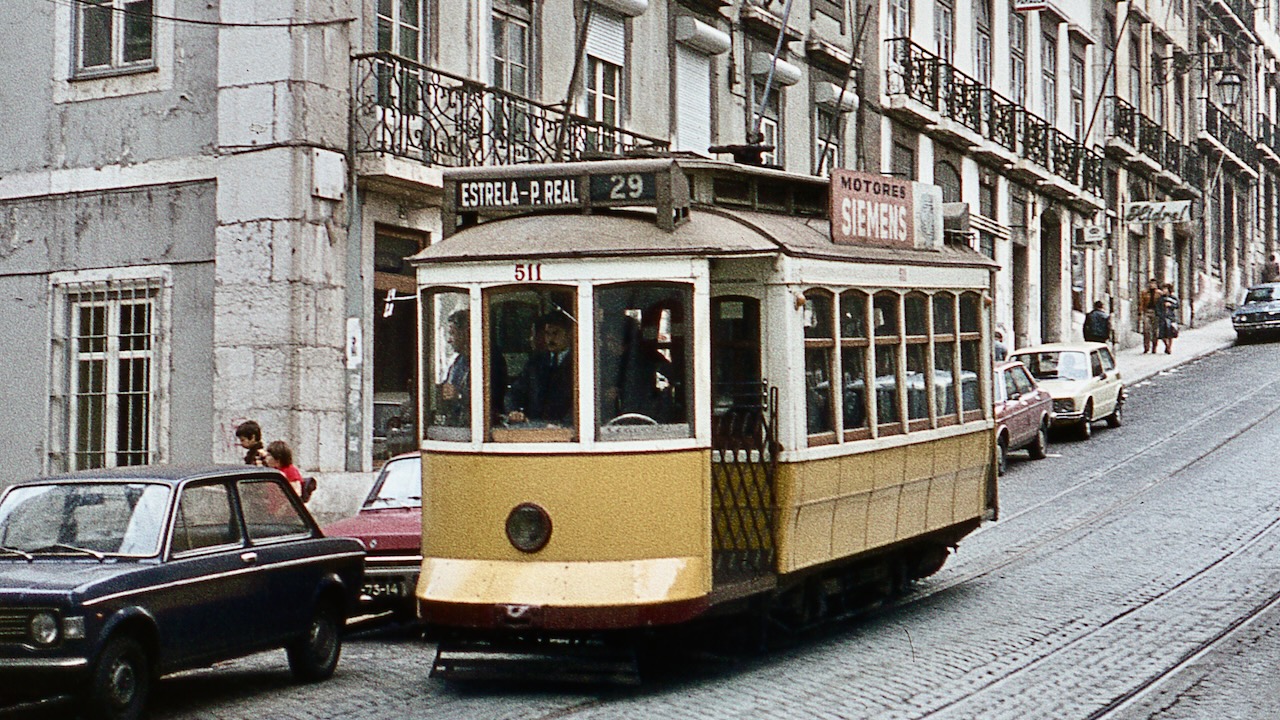
508-531 Pequenos semi-convertiveis – Small semi-convertibles – Carris
These tramcars were built by Carris in 1924-26. They were true semi-convertibles, with clerestory roofs containing window pockets, although when built Carris considered this type already as closed. Four cars (524, 525, 527 & 531) were later fitted with Metrovick motors, and Dick, Kerr controllers.
-
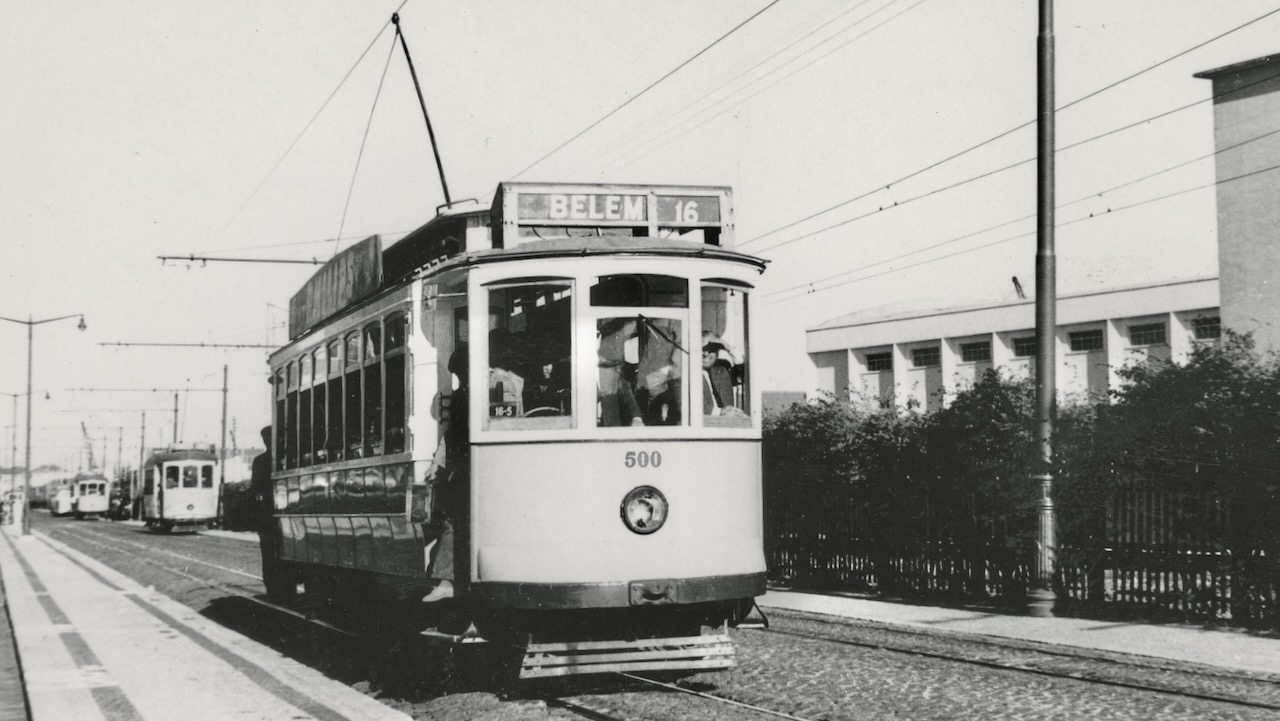
500-502 Radiax
Brill built these closed tramcars with drop windows and 26-seats. The bodies were a longer version of the small closed Brill trams that Brill delivered to Lisbon in the same period.
-
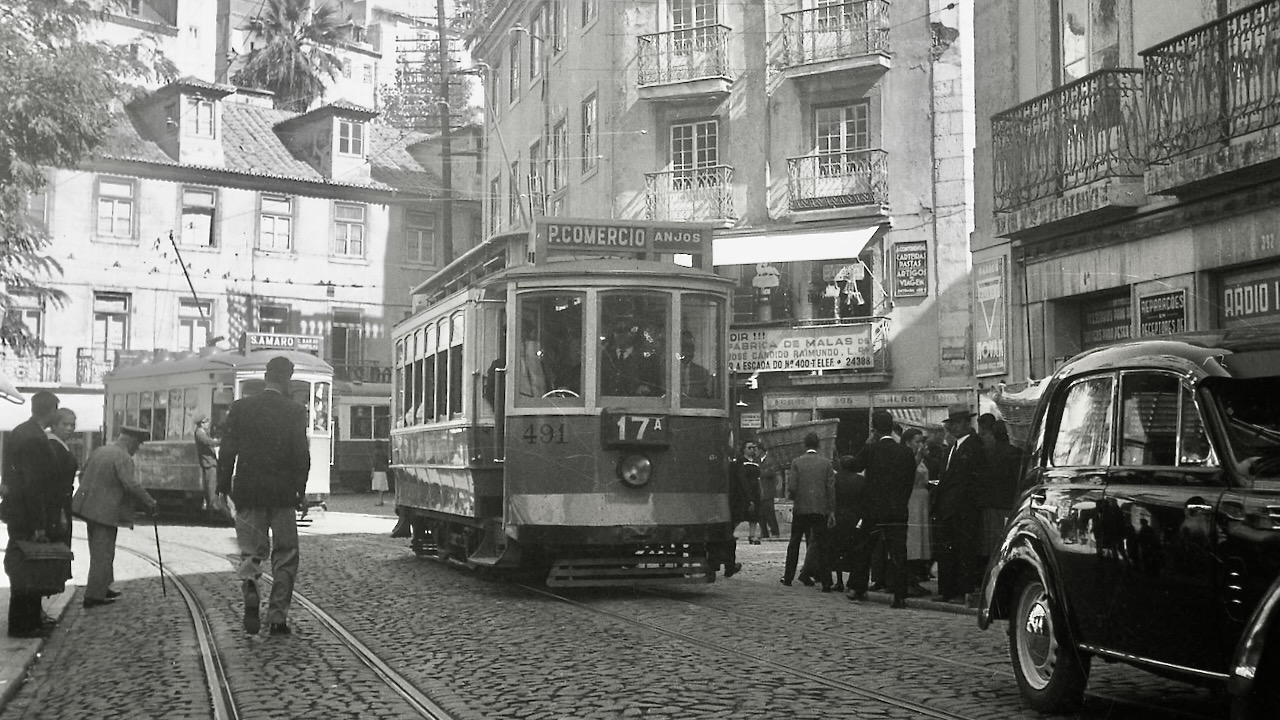
476-499 + 502-507 Pequenos fechados – Small closed trams – Brill
These closed tramcars were built by Brill. They had 20 seats and drop windows similar to the São Luís trams 400-474, but with more rounded ends and windscreens. 476-482 entered service in 1912, the others in 1914.
-
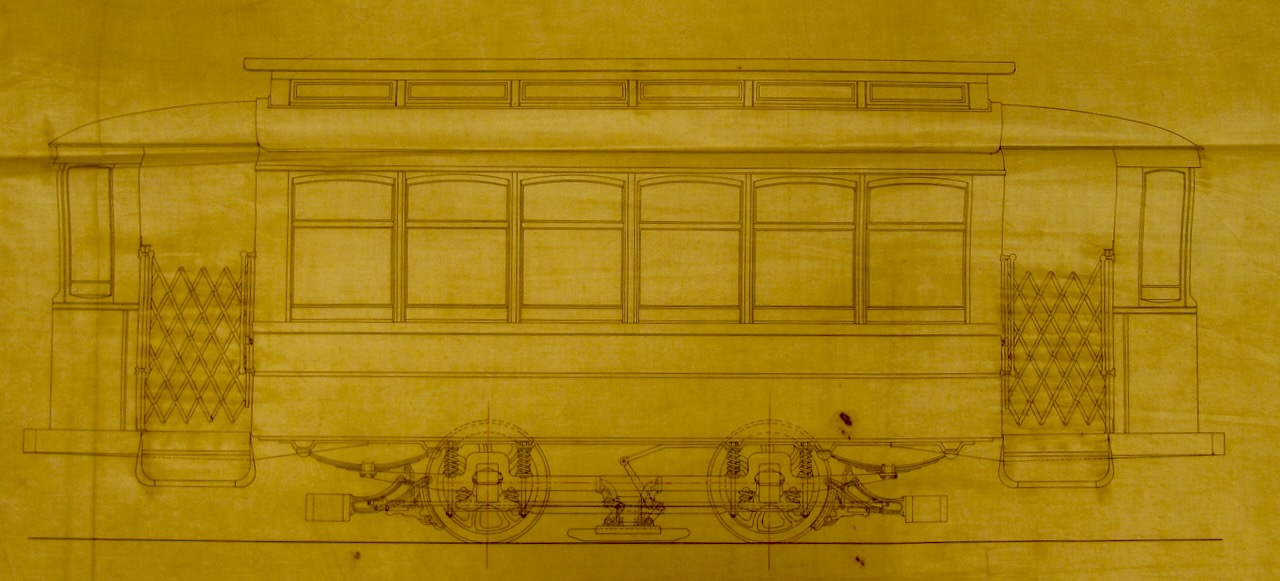
475 O Cruzador
Tram no.475 was a semi-convertible car built in 1909 by the Carris workshops on a Brill 21E truck. No photos are known of this car, but drawings show a typical Brill semi-convertible car with six windows. Because of its width and height, both more than the São Luís cars, it was nicknamed “O Cruzador” (The…
-
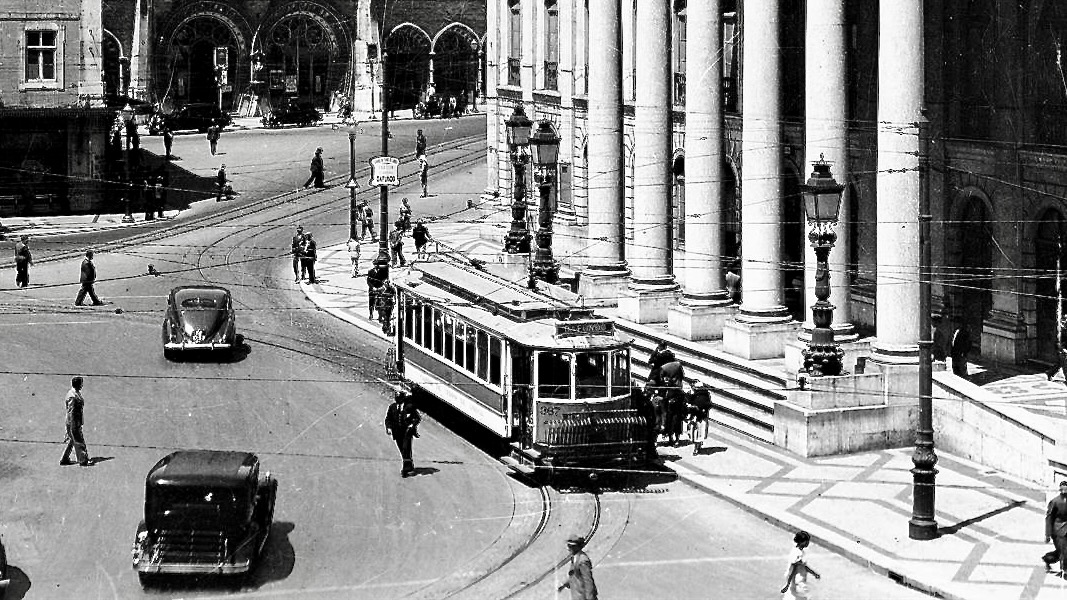
363-367 Carros do Povo
These 1907 Brill built bogie cars were for the low-fare Carros do Povo service between Santo Amaro and Intendente. The windows had originally no glass but only vertically-striped canvas shades. The large platforms were at the same height as the saloon floor and they had two steps at each entrance. The interiors were fitted with…
-
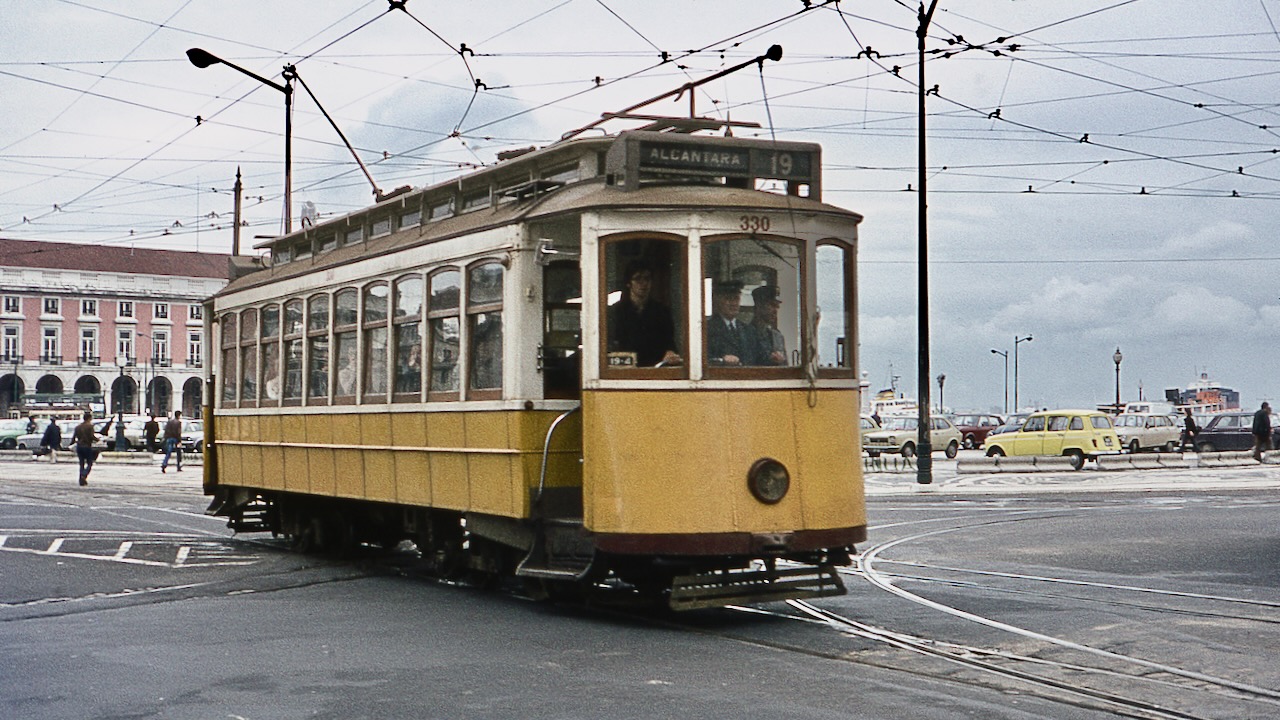
323-362 Grandes semi-convertiveis – Saloons
These saloon bogie cars were the first Lisboa cars of the patented Brill “grooveless post” semi-convertible design which proved very suitable in Lisboa’s sunny climate. The window sashes slid upwards into the coving of the clerestory roof. Of these forty tramcars twenty bodies were made by Brill and the other twenty by John Stephenson of…
-

400-474 Pequenos fechados – Small closed trams – São Luís
The bodies of these tramcars were ordered from the St Louis Car Company in November 1899, and had full-drop windows. The trucks were ordered in September 1900 from Brill. They arrived in May and June 1901 and entered service the same year. These trams were indicated as “pequenos fechados” (small closed) but also known as…
-
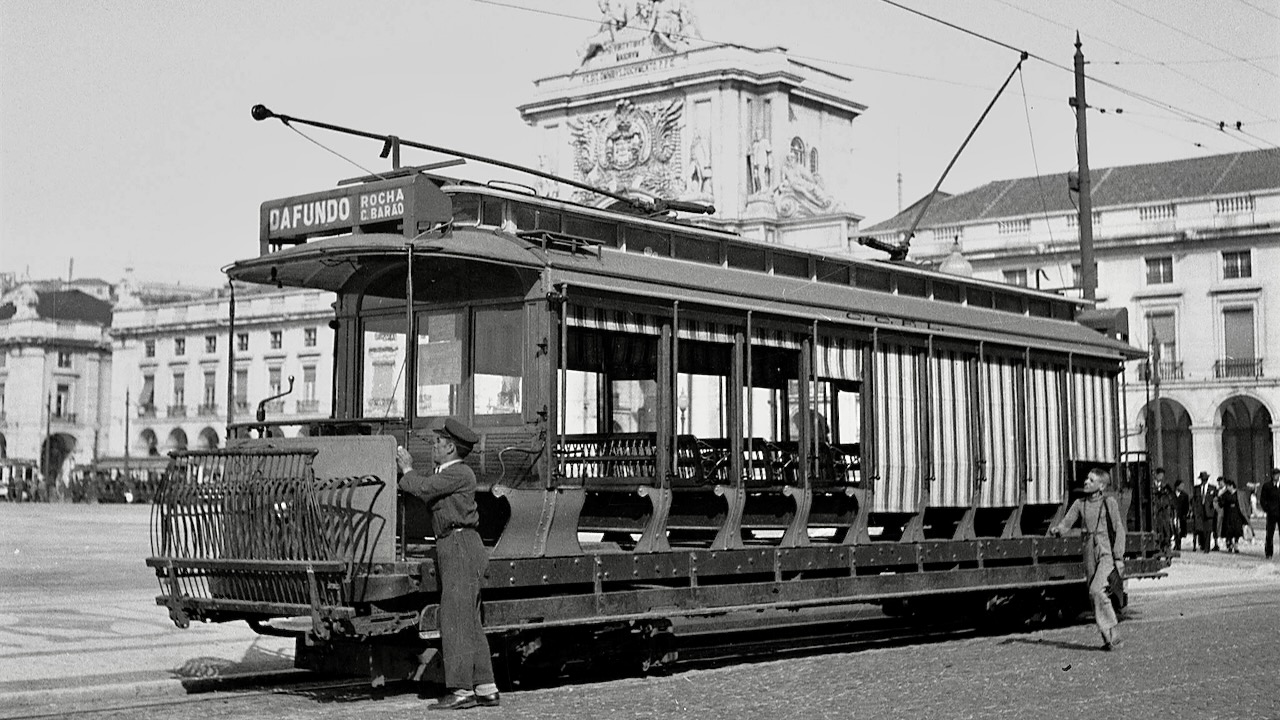
283-322 Grandes abertos – Large open trams
These large open cars were built by Brill. Like usual they were sent “knocked down” to save on the shipping costs, and had to be assembled by the Carris workshops in Lisboa. The first batch of ten cars arrived early January 1902 and the first of these cars was tested on the 27th of that…
-
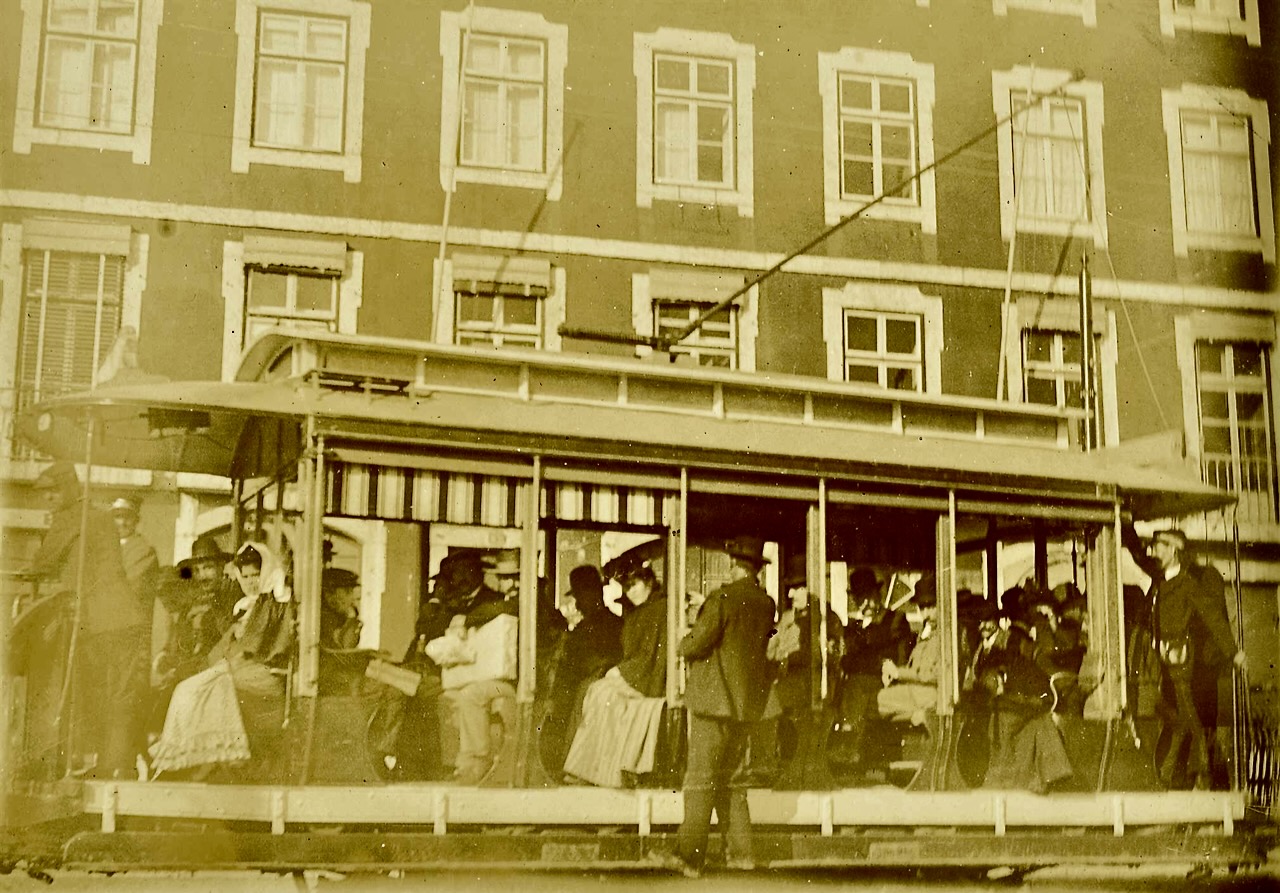
203-282 Pequenos abertos – Small open trams
In September 1899 Carris ordered these 2-axle open cross-bench cars from the J. G. Brill Co of Philadelphia. The trams were sent “knocked-down” to save on transport costs. The motors and other electric equipment were ordered separately from General Electric. They arrived between January and June 1901 in Lisboa. After assembling, they entered service on…
-
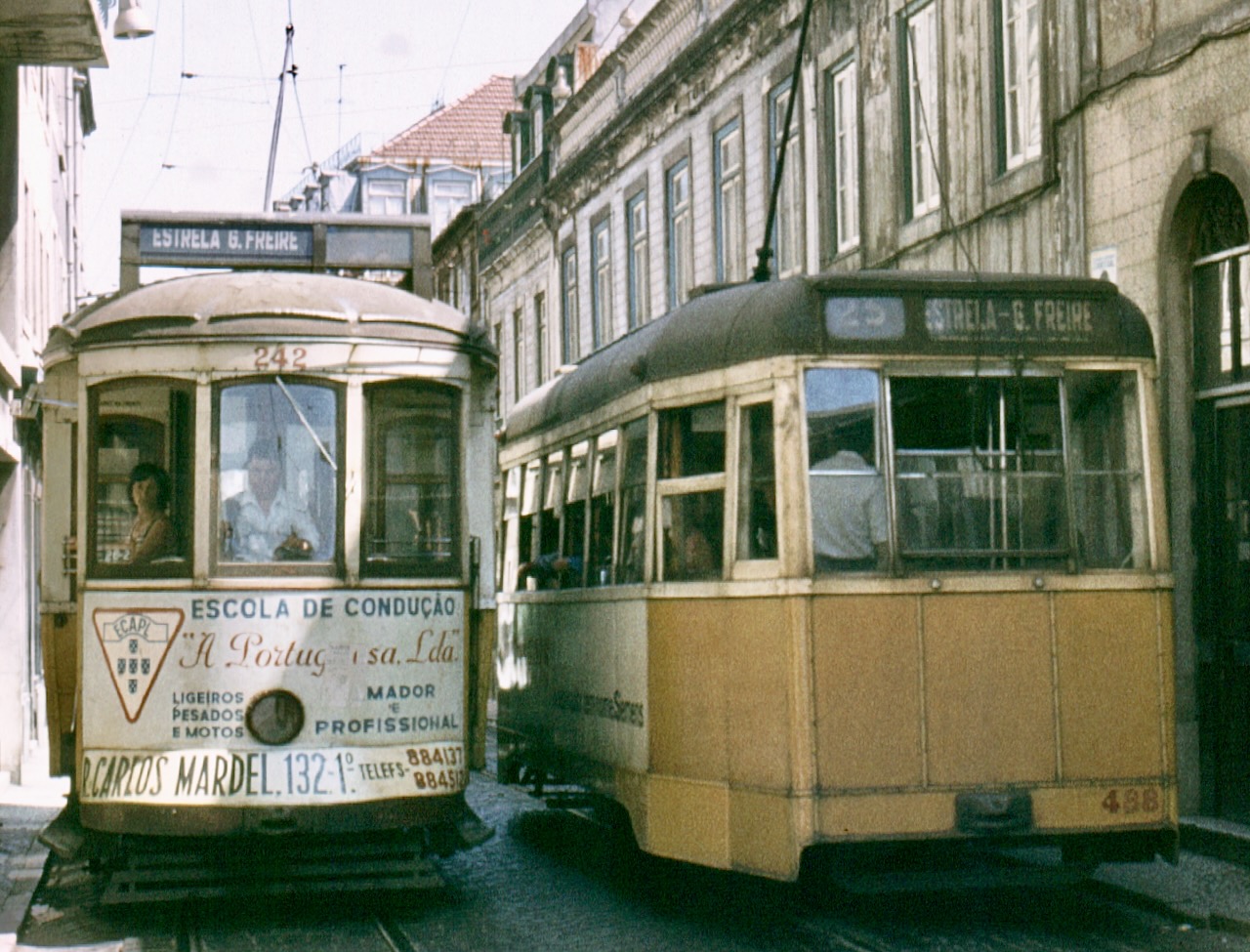
The electric trams of Lisboa
From 1900 to 1914 the tram company Carris de Ferro de Lisboa imported trams from America in dismantled form and assembled them locally in the workshops. Since 1925 Carris built cars to its own design, using trucks and equipment purchased in Britain and reconditioned trucks and equipment of older cars. From 1947 to 1963 the…
-
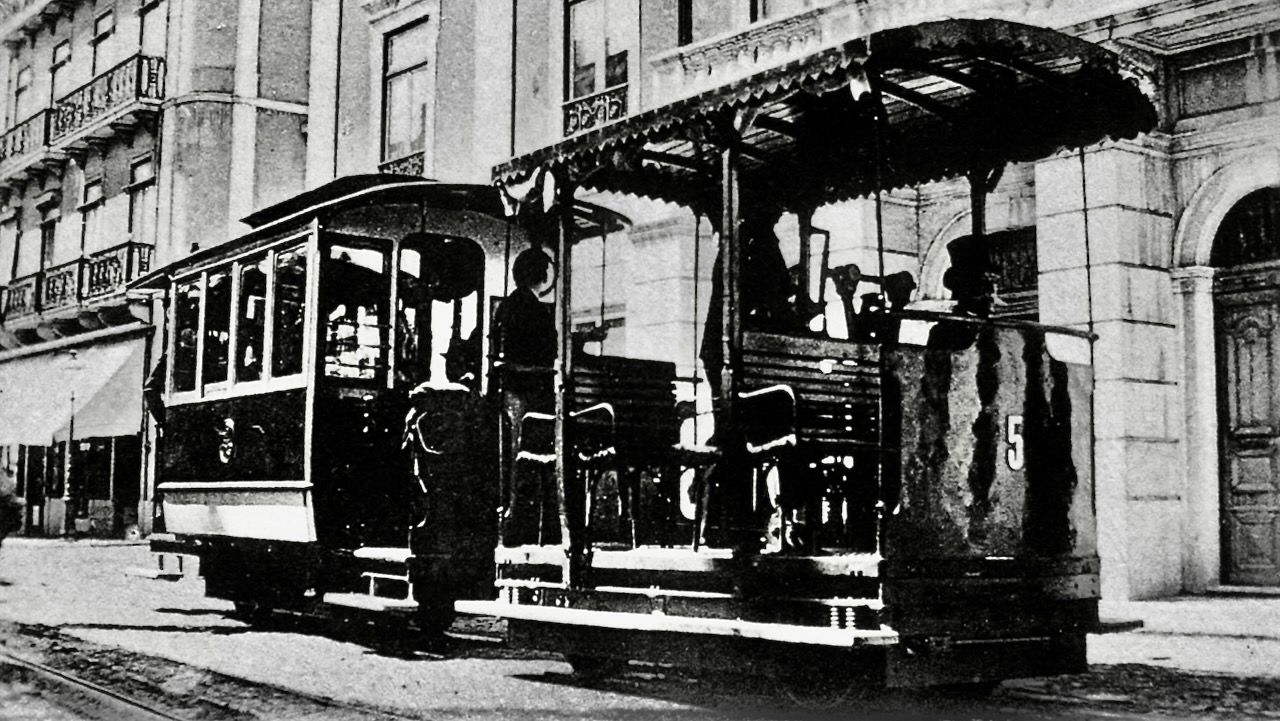
The Lisboa cable trams
Lisboa is built on hills. Mule or horse trams could only go up the steep gradients with the use of extra animals. As the animals were the largest cost of the whole tram operations, it was a too costly affair to have many or long steep inclines within the network. In 1873 in San Francisco…
-

The funiculars of Lisboa
The Lisboa funiculars, in Portugal called ascensor or elevador, are part of the urban public transport system. All three were first operated by the NCAML, the same company that also operated the Estrela and Graça cable tramlines. The funiculars are now operated by the CCFL. As the funiculars are in public streets, the cable is…
-
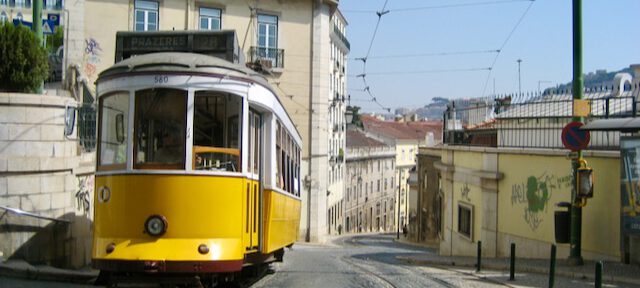
Trams on the steep slopes of Lisbon
Question: I have just visted Lisbon and did a tourist tram ride. I have spent the last couple of days trying to find details of how the trams manage the very steep hills as the slopes are much steeper than I would expect. Can you signpost any internet sights for me. Answer: I’m not sure…
